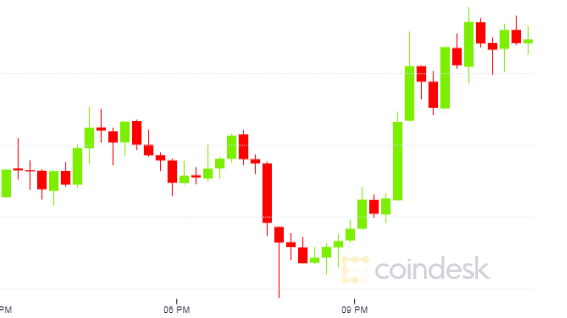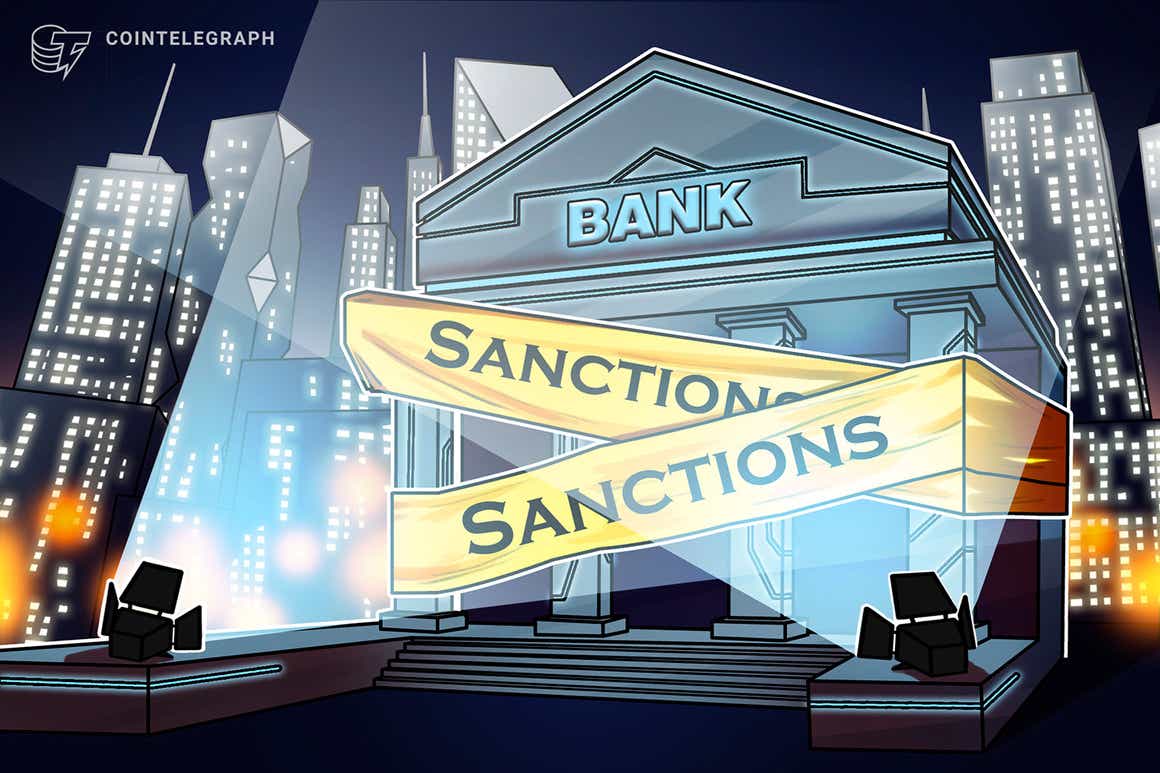The World Economic Forum (WEF) is pitching blockchain as the savior of failing global supply chains and says its blockchain deployment toolkit, published Tuesday, is the roadmap to launch.
Responding to the economic stresses of COVID-19, which has frozen global consumer demand and also exposed life-and-death holes in existing supply chains, the Swiss NGO best known for its glitzy Davos summit published “Redesigning Trust: Blockchain Deployment Toolkit,” a guide to building more resilient supply chains on distributed ledgers.
The 244-page report includes checklists, guided questions, explainers and risk assessments addressing tax concerns and data privacy; forming a consortium, its ecosystem and governance; public vs private chains; cybersecurity; interoperability; and digital identity, among other concerns. The toolkit is less a barometer for deciding if blockchain fits one’s scenario than it is a guide to implementing DLT within that scenario effectively.
For example, one section considers how zero-knowledge proofs, homomorphic encryption, role-based access controls and off-chain hashing configurations may offer workarounds for the European Union’s General Data Protection Regulation (GDPR), a sweeping internet privacy law whose right to data erasure is at seemingly existential odds with blockchain’s distributed and immutable nature.
The toolkit frames blockchain as a natural technological evolution for companies and governments emerging from this public health crisis.
“The case for blockchain is stronger as the COVID-19 pandemic underscores the need for more resilient global supply chains, trusted data and an economic recovery enabled through trade digitization,” the report’s authors wrote.
Blockchain and the coronavirus
Development of the toolkit predated the COVID-19 crisis by more than a year, but its release was fast-tracked in light of the virus, said Nadia Hewett, the forum’s blockchain and digital currency lead and one of the toolkit’s main authors. It is perhaps more timely in the shadow of the generational shock to public health and economies alike.
The virus that first froze China did the same nearly everywhere in its spiral over vast swaths of the globe. Economies rolled into turmoil as governments grappled with a false choice – shutter the businesses or risk catastrophic infection rates – before ultimately siding with public health, a choice even Federal Reserve researchers called an economic no-brainer.
Consequently, the coronavirus reshaped global trade in ways that are still developing and whose long-term implications will not fully be known for months or more. Along with supply chains frozen by their economies’ respective inactivity, there’s also questions of overall supply chain resiliency that the World Economic Forum has itself argued blockchain can fix.
Blockchain “is not a silver bullet,” Hewett admitted. “It’s not going to solve it all, but it absolutely has features that can help with issues that’s typical in epidemics and pandemics.”
Hewett said blockchain could help overcome medical equipment provenance issues that opportunistic scammers have exploited, tricking small-scale orders and even medical centers into spending emergency funds on worthless fake masks. This is a problem blockchain’s peer-to-peer immutability can address, Hewett said.
On a broader scale, Hewett said the pandemic may make companies of all sizes reconsider their technological reliance networks and “push ahead” with improvements they began developing during past crises but fizzled as triggers event receded. COVID-19 appears to be a more resilient call to arms, she said.
“This time we really do see a big momentum behind making sure this time that they capture the momentum and that we bake into our solutions day-to-day elements but also that could help during a disruption,” she said. “Post-COVID, that future state, let’s work toward and shape the outcome in a way that promotes interoperability, integrity, and inclusivity.”
Public-private partnership
The WEF worked with both private companies and government entities to ensure the guide provided the most helpful advice it could.
“You can use it to navigate end-to-end for deployment guidance, you can choose the specific topic of interest for you or your team,” Hewett said.
Hewett also noted the lag some global regulators have had in coming to grips with this new technology class.
“These technologies are moving incredibly fast,” Hewett said. “Your traditional ways of regulation and waiting are not going to work.”
The guidebook tries to inject “agility” into that regulatory dance by compiling the experiences of 80 companies, 40 use cases and 20 governments that have faced blockchain-for-supply-chain questions before.
Hewett said this public and private sector collaboration was critical. The toolkit “covers topics which aren’t always that obvious to technologists or business leaders,” she said, and offers guidance informed by others’ mistakes.
One startup’s late-stage realization that its upcoming blockchain deployment had tax implications led the guide to include an entire section on tax considerations, Hewett said.
“The toolkit as a minimum forces organizations to ask themselves those questions and make sure it is considered,” she said.
Collective deployment experiences, now compiled in a public document, will help small and medium sized enterprises (SME) cut past marketing storylines to reach the how-to of blockchain implementation, a previously costly proposition, she said.
“We can put this in the hands of those parts of the world, those parts of the supply chains, where they’re not empowered with information to negotiate good positions for themselves. We really hope to see this put power back in the hands of those SMEs,” she said.
Disclosure Read More
The leader in blockchain news, CoinDesk is a media outlet that strives for the highest journalistic standards and abides by a strict set of editorial policies. CoinDesk is an independent operating subsidiary of Digital Currency Group, which invests in cryptocurrencies and blockchain startups.



